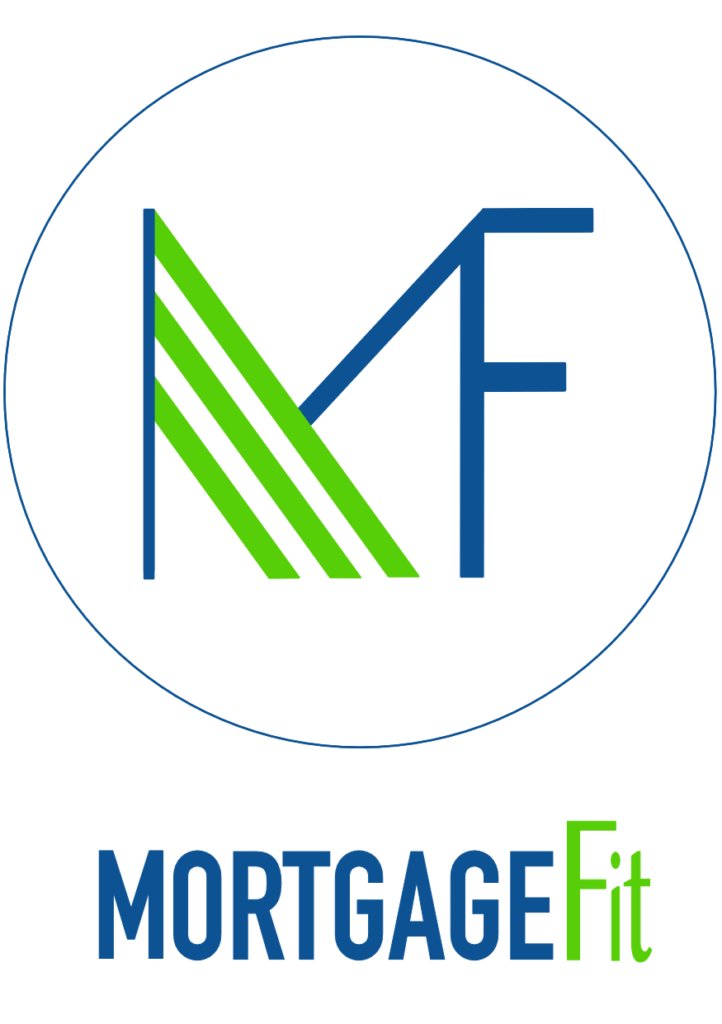1) Who is offering 90% Mortgages now?
A number of lenders have returned to the market offering 90% mortgages. Some have never gone away; the likes of Nationwide and Metrobank have been offering them, but with ever-changing and tough criteria.
Recently, Nationwide have loosened some of the restrictions on their criteria for lending, but the big news was that Halifax, part of the Lloyds Banking Group which is a group of some of the largest lenders in the UK, has now returned to the market with a 90% mortgage offer. Since then, a number of larger lenders have now decided that the time is right for them to return to the market; Accord (part of the Yorkshire Building Society) who have been offering 90% mortgages on and off for the last few months, are nowly firmly back with their 90% offering. Virgin and TSB along with, more recently, Barclays and Natwest are all now in the market with 90% mortgages, as well as some of the more specialist lenders like Furness Building Society.
If you have been looking at mortgage rates over the last 12 months, some of the rates might not look as attractive, but there is more flexibility of choice which opens up the market for more people.
2) Who benefits from 90% mortgages?
Everybody, but especially First Time Buyers. Saving a 10% deposit is a tough thing to do for many people, but throw in the unprecedented events of 2020 and it might have been a near impossible task.
You could have been furloughed, be self-employed and receiving an SEISS grant, been forced to have some time off and maybe just returning to work. All of this may have had an impact on your deposit savings, forcing you to dip into your savings to get through for example, or not being able to trade at all. However at least there is some hope on the horizon; after a long period with a lack of options for 90% mortgages, those who have struggled with that 10% deposit over the COVID period and worried that even if you were to maintain that deposit somehow, you wouldn’t have any mortgages to put it towards, can start to breathe easy.
While First Time Buyers will see most benefits, homeowners with little equity in their home or are choosing to buy a house which needs a lot of work, or to retain the equity they are moving with, can also benefit from these mortgages.
3) Why is this such a big deal?
High loan to value lending, although risky, makes up a very large chunk of the UK lending market. The majority of first time buyers, who make up a large proportion of purchases in the UK, won’t have access to more than a 10% deposit.
COVID has however demolished the appetite from lenders for offering 90% mortgages because of the high risk of a potential housing market crash, which in turn means that there is a high risk of loss. Also, it is also irresponsible for a lender to lend someone money on a 90% loan to value deal, knowing that in the future the 10% that the borrower has could diminish overnight. This means negative equity and so when they then come to refinance, they are still in negative equity, they can’t refinance, their payments might double and then problems will occur
The “Big Deal” about lenders offering 90% mortgages again is that they have a lot more confidence that there will not be a housing market crash, than they were 3 months ago. That’s not to say that it won’t happen, but confidence from big lenders like Halifax and Nationwide is a positive sign, as they are both key housing market indexes that we run off when we look at house price growth and reduction.
4) Where did they go & why are they only available occasionally?
90% mortgages have been pretty standard since after the credit crunch around 2010. We have seen the introduction of 95% mortgages with the Government Help to Buy scheme around 2013 and since then everything has been fine.
COVID brought serious risk to the market with the potential for job losses and a huge downturns in the general economy. This high level of risk meant that lenders turned away from the riskier section of the market. Occasionally, lenders would “dip their toe” back in the market with 90% offers, to test the water in terms of demand. They also were keen to try to maintain service levels; they were also affected by COVID with staff off, working from home and the various other pressures that COVID has brought to the work place. Opening up 90% offers was about them saying “Look, we still want to lend you money, but we have so many applications we are inundated and can’t cope with demand in the way that we want to. In the way you expect us to”.
Basically, over the last few months if you were prepared and ready, you might have got lucky and been able to make your application. If you were not then, unlucky. Now, that pressure is off and there are a lot more options available.
5) Does this mean that mortgages are easier to get now?
Not necessarily – they are still tough on criteria. Specifically for self-employed people. Unfortunately, self-employed people always bear the brunt of the problems when these events happen. Regardless of whether you are back trading now, if you had government help and you had 6 months with no trade, from a responsible lending perspective, there will be questions on your potential outlook for the next year.
It’s not all bad news, they are looking at things like what you do for a living, they make a lot of people sign declarations saying that they were or weren’t affected by COVID, and if they were, how, so that they then can make their decisions based on that.
So we would not say it’s easier but what we would say is, over the last 3 weeks, we have noticed an increase in speed. Speed is something that is key when buying a house. You want to know whether they are going to say yes or no and actually, what we are finding is that the lenders are making their decisions a lot quicker. So in that respect, you can say it is easier now to get your mortgage than it has been over the last 3-6 months
And Finally…
Be Prepared!! Be prepared to give extra documentation. Be prepared to give bank statements for longer periods than you might have expected. Be prepared to have to wait for an evaluation. Be prepared to be patient with your broker, who is working for you on your behalf to get things done as quickly as possible. Be prepared to have to get more paperwork than you initially thought. Be prepared.
It’s always worth talking about your chances of getting a 90% mortgage or indeed, any other type of mortgage.


